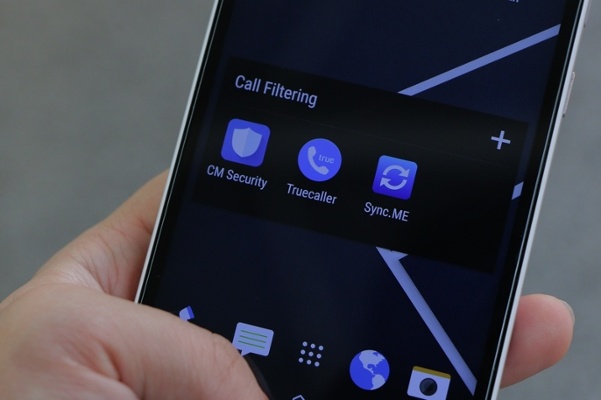List of the worst WhatsApp scams for the year.
With 2016 coming to an end we wanted to put together a list of the worst WhatsApp scams for the year. As you may remember WhatsApp was acquired by Facebook back in 2014. The promising app which has been making a name for itself in recent years just got its 1 billionth customer. A quick Google search and we find out that there are nearly 2 billion smartphones in the world. With this in mind, we can easily conclude that every 2nd smartphone user in the world has WhatsApp installed on their cell phone.
This automatically gives cyber trouble makers an opportunity of having one more source they could use for tricking you into giving away personal information such as credit card details, social security number or bank details.
Here’s what you need to know to stay out of danger and not fall victim of WhatsApp scams.
Getting you to download an app
Getting a message from an unknown number that allows you a sneak peek into your friends’ WhatsApp conversations. The message may sound something like ‘All WhatsApp messages are now encrypted but this app beats the code. Find out what your best friend and your girlfriend are talking about.’
It may sound hilarious and easy to catch but you would be surprised by the number of people without antivirus protection who fall for this trick.
The Nigerian lawyer
Have you heard of the Nigerian inheritance scam? It is still out there and even in 2016 you may end up laundering money without even knowing it. People who fall for it very often give away their bank details too. It may sound very 2014 but this scam is still going on in 2016.
These guys have now migrated to sending their messages on WhatsApp. And they still send them because people still fall for it. It may be 1 in a hundred that does, or even 1 in a 1000 but people still do. Common sense and antivirus protection would save you from getting scammed.
Craigslist
Without going into details, every seller on Craigslist wishing that you communicate only via WhatsApp is a person not worth doing business with. No, you will not get that cute little labradoodle puppy if you use an archaic money transfer service to send cash to a third world country while communicating solely over WhatsApp.
The Lady from Thailand
The lady claiming to be from Thailand or the Philippines you’ve been chatting with since last month is now asking you to buy and send her the latest iPhone 7. Even though this may sound legit you can’t be sure of who she really is. Drop the chat and report it. Remember that if it is too good to be true, it most likely isn’t. Don’t be cyber prey.
The 60% off
It may be a voucher or just an invitation to fill out a survey that promises you a gift card. It sounds legit as it promises you a little prize at the end of the survey. You directly get a message that qualifies you for a huge discount on remarkably expensive watches or sunglasses.
In both cases the link forwards you to a website where you give away your name, home address, password and possibly credit card number and SSN. All you get in return are $0.20 or $0.14 transactions on your credit card statement followed by huge losses if these phishing transactions don’t get detected by your bank’s fraud department.
You may get a message about you having a voicemail, a message inviting you to download a premium app, an invitation to join a dating site with millions of single people. A website that is so secure that you are required to add your credit details to obtain membership. Just leave these scammers in 2016.
We hope you didn’t fall for any of these scams this year or simply had protection on your device to keep you away from the cyber criminals. Have a wicked 2017!
The post The Worst WhatsApp Scams of 2016 appeared first on Panda Security Mediacenter.



 Unwanted calendar invitations have invaded the calendars of iOS and Mac users for the past week. These messages seem to be targeted to everyone with an
Unwanted calendar invitations have invaded the calendars of iOS and Mac users for the past week. These messages seem to be targeted to everyone with an 


 Photo: FactWire
Photo: FactWire
 Back in the day when families had one phone in the house, it was guaranteed that as they sat down to dinner, a telemarketer would call. Now that we carry our phones with us, we can be interrupted at any time by telemarketers, robocallers, scammers, political
Back in the day when families had one phone in the house, it was guaranteed that as they sat down to dinner, a telemarketer would call. Now that we carry our phones with us, we can be interrupted at any time by telemarketers, robocallers, scammers, political